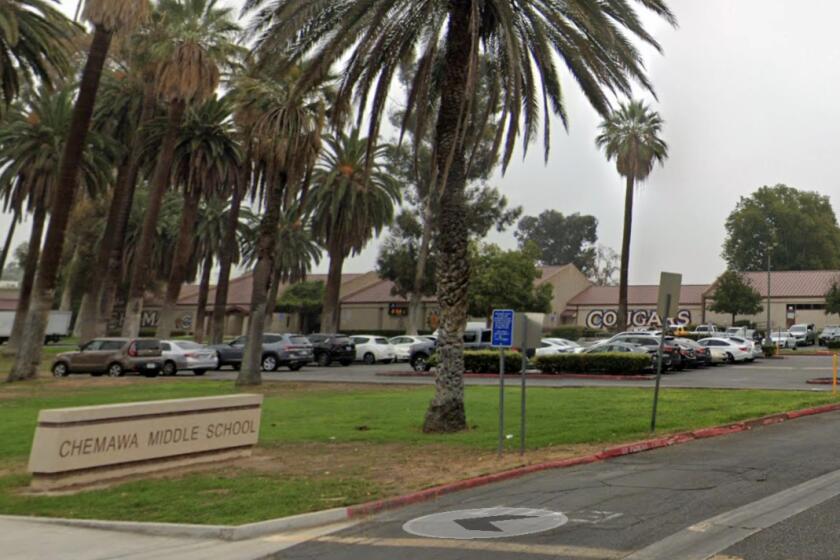UCLA Rejects $1-Million Turkish Gift
The UCLA history department on Friday narrowly rejected a $1-million offer from the Turkish government to endow a chair in Turkish and Ottoman history, agreeing with Armenian American critics that the terms of the gift could compromise academic freedom.
By a vote of 18-17, department faculty decided to shun the gift, which some scholars argued was intended to dupe the university into spreading Turkish propaganda hushing up the role of Ottoman Turks in the massacre of 1 million Armenians during World War I.
“I’m very gratified to our department for having placed moral and ethical principles above the lure of $1 million,” said UCLA Armenian history professor Richard Hovannisian, who is of Armenian descent.
Yet the decision disappointed the department’s lone Turkish historian, Stanford Shaw, who had hoped the generous endowment would help UCLA attract a leading scholar to relace him when he retires next year.
UCLA’s rejection, he said, places the university at a competitive disadvantage in its ongoing search for the most talented academic to join its history department.
“The funds will now go to other universities who have applied for this money,” he said.
The debate at UCLA, conducted behind closed doors Friday, is a familiar one to cash-hungry universities across the country as they turn to private donors who want to have some control over how their gift money is spent.
The issue becomes particularly sensitive when the donor is a controversial overseas figure or foreign government.
*
In the case of the Turkish money, UCLA officials working for a $1.2-billion fund-raising campaign were naturally tempted by Turkey’s generosity. They signed a preliminary agreement and accepted a $250,000 down payment.
But the proposal quickly ignited a controversy on campus and a coast-to-coast letter war.
One petition signed by 57 prominent scholars and writers condemned the proposal because the “Turkish government prohibits intellectual freedom, outlaws inquiry about its country and its history; incarcerates its intellectuals and has one of the worst human rights records in the world today.”
Turkish officials and scholars dismiss these notions as “nonsense.”
But the petitions and letters leaned heavily in favor of Armenians trying to bring attention to “the forgotten genocide” of their people by the Ottoman Turks between 1915 and 1923.
Specifically, Armenian scholars objected to seemingly innocuous language in the gift agreement. They contended that the conditions would limit the search to a scholar who is sympathetic to the Turkish view that the Armenian deaths were inadvertent casualties of war and not the product of a genocide.
*
Yet Shaw noted that five other universities--Princeton, Georgetown, Indiana, Portland State and the University of Chicago--have nearly identical provisions that did not dissuade them from accepting similar endowments.
But Harvard University, he said, negotiated a different deal that did not limit the professor to someone “whose published works are based upon extensive utilization of archives and libraries in Turkey.”
Armenian scholars say they are not welcome in Turkish archives to research the genocide.
UCLA historians on Friday considered allowing department Chairman Richard von Glahn to renegotiate the terms, following Harvard’s example. But ultimately, they decided to reject the offer altogether.
More to Read
Sign up for Essential California
The most important California stories and recommendations in your inbox every morning.
You may occasionally receive promotional content from the Los Angeles Times.










